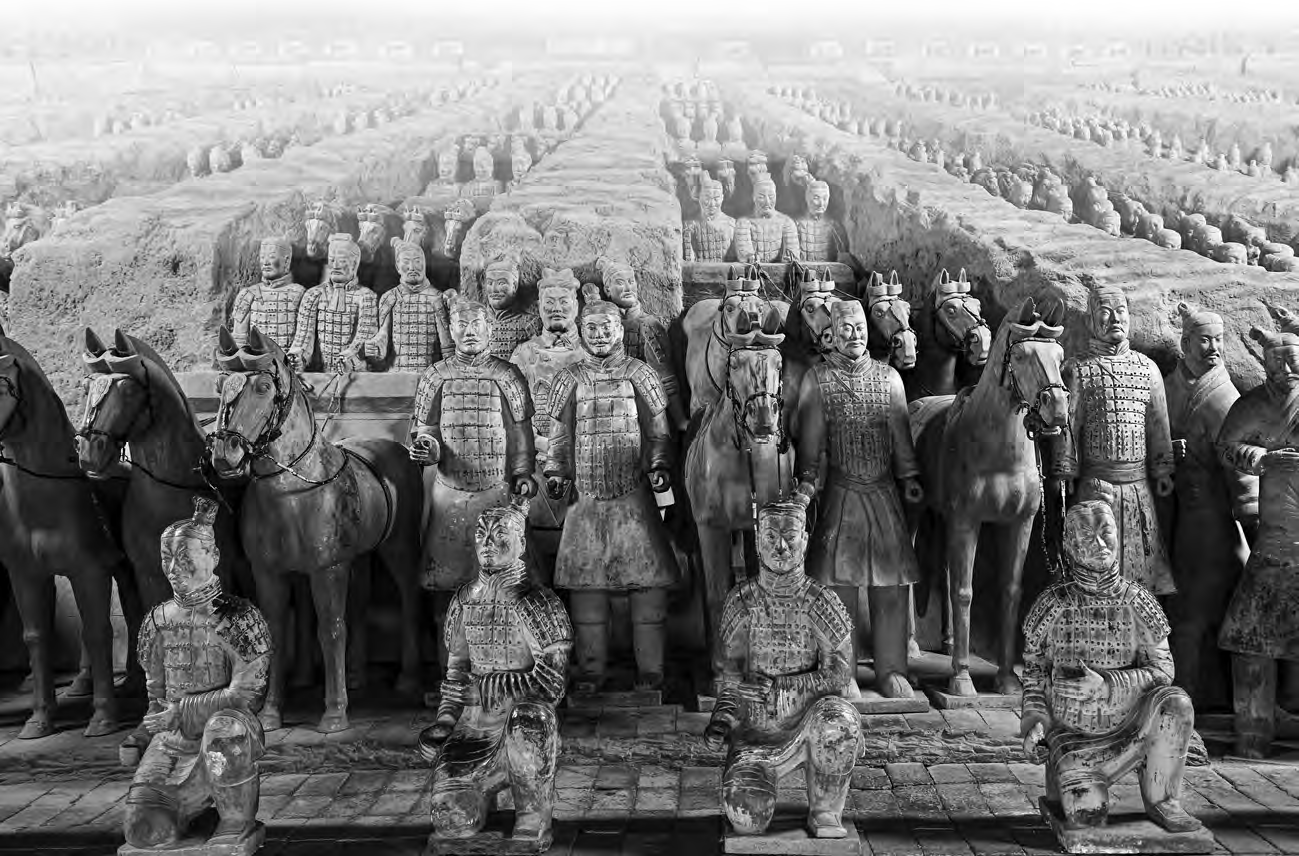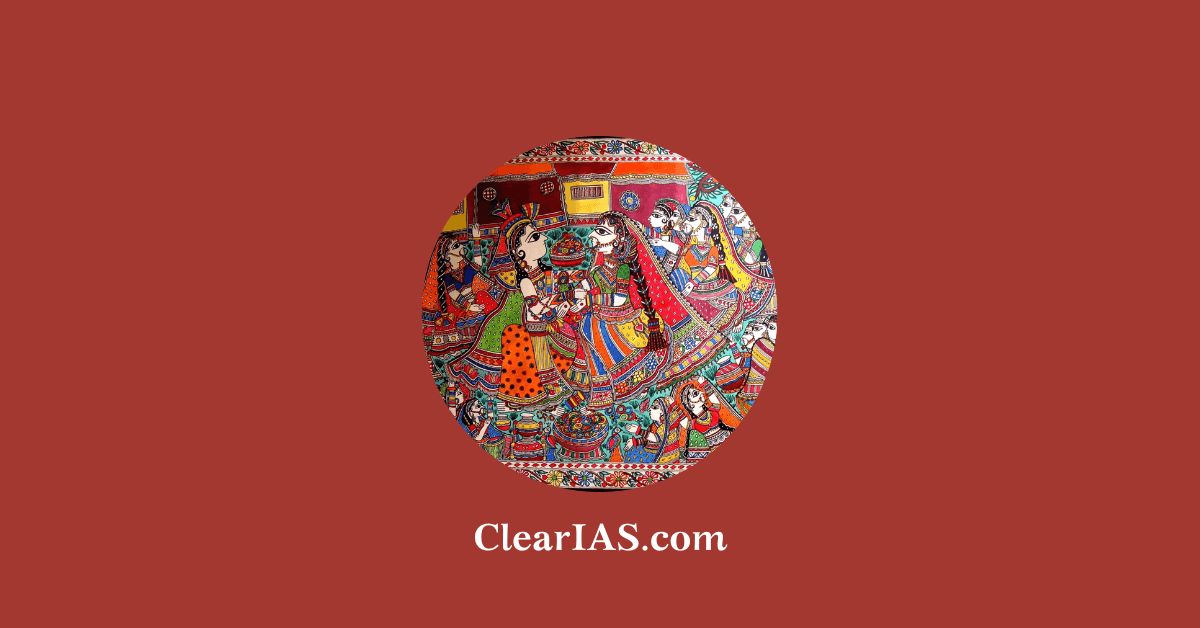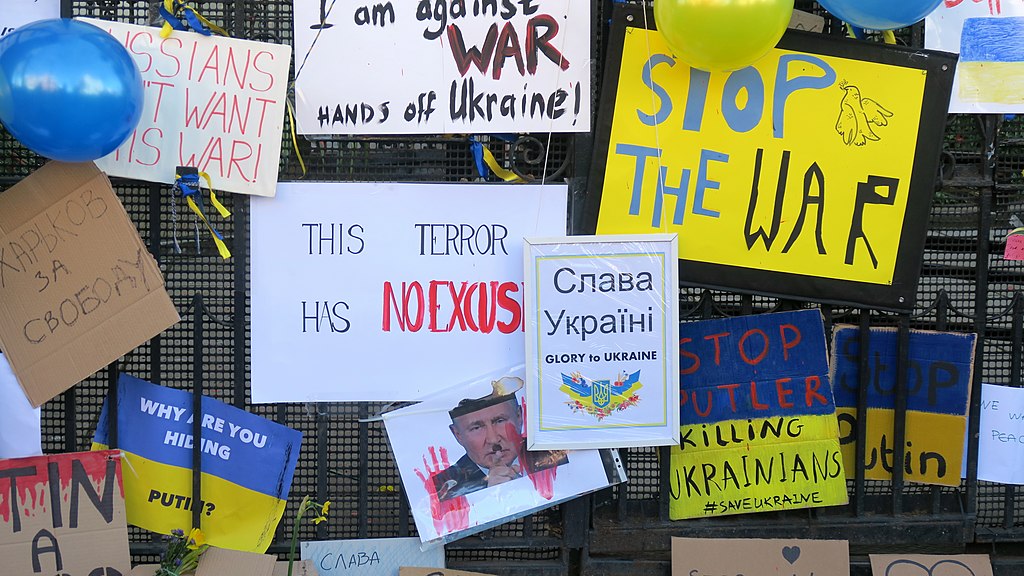Thank you for your survey of “Invasion Literature“. You missed out a couple. The popularity of the genre was too much for the young P.G. Wodehouse who satirized it all in Swoop; or how Clarence saved England! where a host of invaders including the Russians, Germans, the Moroccan bandit leader Raisuli and the Mad Mullah of Somaliland descend upon Great Britain, but whose inhabitants go
Mongol Invasion of Russia | Background, History & Significance – Video & Lesson Transcript | Study.com
The most commercial of the stories featuring invasion by France and Russia was Le Queux’s The Great 13 A. Michael Matin, Securing Britain: Figures of Invasion in Late-Victorian and Edwardian Fiction, (Columbia University, 1997), pp.94-95. 14 Ibid., p.93. 15 John M. MacKenzie, Imperialism and Popular Culture (Manchester, 1986), pp.25-28. 16

Source Image: asianstudies.org
Download Image
For Americans, the defining event of the 19th Century was almost certainly the American Civil War. It settled several outstanding questions and raised several more, with effects that are still felt to this day. For Europeans, the defining event was the Franco-Prussian War (19 July 1870 – 10 May 1871), in which the French went to war with Prussia.

Source Image: clearias.com
Download Image
Pol-Int: The image of Poland and Ukraine in the British narratives (1914–1920)
Invasion literature (also called invasion novel) is a literary genre that was popular in the period from 1871 to World War I (1914-1918).

Source Image: quora.com
Download Image
Invasion Literature Is Still Popular Because It
Invasion literature (also called invasion novel) is a literary genre that was popular in the period from 1871 to World War I (1914-1918).
In addition to offering an overview of this line of enquiry, this article seeks to broaden the understanding of the invasion narrative in fin-de-siècle popular fiction, drawing lines out to the recurrence of the invasion theme across a broad range of genres and modes exceeding that of future war fiction and including so-called ‘yellow peril
What is invasion literature? – Quora
Jan 16, 2023Invasion literature is a genre of fiction that typically focuses on a protagonist or group of protagonists attempting to protect their home or homeland from an external force. This external force could be anything from aliens, to monsters, to other nations.
Alternate History Weekly Update: Paranoid Fantasies: An Overview of Invasion Literature

Source Image: alternatehistoryweeklyupdate.blogspot.com
Download Image
The Works of H. G. Wells: Men Like Gods – Warped Factor – Words in the Key of Geek.
Jan 16, 2023Invasion literature is a genre of fiction that typically focuses on a protagonist or group of protagonists attempting to protect their home or homeland from an external force. This external force could be anything from aliens, to monsters, to other nations.
Source Image: warpedfactor.com
Download Image
Mongol Invasion of Russia | Background, History & Significance – Video & Lesson Transcript | Study.com
Thank you for your survey of “Invasion Literature“. You missed out a couple. The popularity of the genre was too much for the young P.G. Wodehouse who satirized it all in Swoop; or how Clarence saved England! where a host of invaders including the Russians, Germans, the Moroccan bandit leader Raisuli and the Mad Mullah of Somaliland descend upon Great Britain, but whose inhabitants go

Source Image: study.com
Download Image
Pol-Int: The image of Poland and Ukraine in the British narratives (1914–1920)
For Americans, the defining event of the 19th Century was almost certainly the American Civil War. It settled several outstanding questions and raised several more, with effects that are still felt to this day. For Europeans, the defining event was the Franco-Prussian War (19 July 1870 – 10 May 1871), in which the French went to war with Prussia.

Source Image: pol-int.org
Download Image
Unpacking the comparison between Ukraine and Iraq – Centre for International Law
Invitation literature (or the invasion novel) is a literary genre most notable between 1871 and the First World War (1914) but still practised to this day. The genre first became recognizable starting in Britain in 1871 with The Battle of Dorking, a fictional account of an invasion of England by Germany. This short story was so popular it started a literary craze for tales that aroused

Source Image: cil.nus.edu.sg
Download Image
Tomorrow, When the War Began (film) – Wikipedia
Invasion literature (also called invasion novel) is a literary genre that was popular in the period from 1871 to World War I (1914-1918).

Source Image: en.wikipedia.org
Download Image
Fire Cannot Kill a Dragon: Game of Thrones and the Official Untold Story of the Epic Series: 9781524746759: Hibberd, James: Books – Amazon.com
In addition to offering an overview of this line of enquiry, this article seeks to broaden the understanding of the invasion narrative in fin-de-siècle popular fiction, drawing lines out to the recurrence of the invasion theme across a broad range of genres and modes exceeding that of future war fiction and including so-called ‘yellow peril

Source Image: amazon.com
Download Image
The Works of H. G. Wells: Men Like Gods – Warped Factor – Words in the Key of Geek.
Fire Cannot Kill a Dragon: Game of Thrones and the Official Untold Story of the Epic Series: 9781524746759: Hibberd, James: Books – Amazon.com
The most commercial of the stories featuring invasion by France and Russia was Le Queux’s The Great 13 A. Michael Matin, Securing Britain: Figures of Invasion in Late-Victorian and Edwardian Fiction, (Columbia University, 1997), pp.94-95. 14 Ibid., p.93. 15 John M. MacKenzie, Imperialism and Popular Culture (Manchester, 1986), pp.25-28. 16
Pol-Int: The image of Poland and Ukraine in the British narratives (1914–1920) Tomorrow, When the War Began (film) – Wikipedia
Invitation literature (or the invasion novel) is a literary genre most notable between 1871 and the First World War (1914) but still practised to this day. The genre first became recognizable starting in Britain in 1871 with The Battle of Dorking, a fictional account of an invasion of England by Germany. This short story was so popular it started a literary craze for tales that aroused